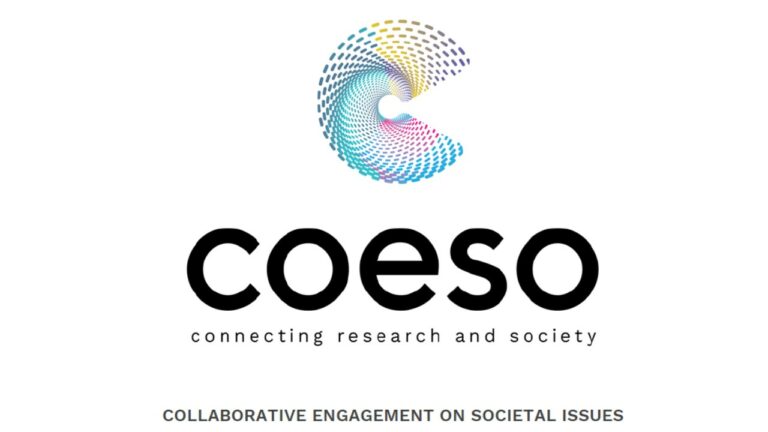
Pidoux J. and D. Boullier (2024), « A Conceptual Framework for the Operationalisation of Cooperation Analytics in Citizen Science Projects », Citizen Science. Theory and Practice, vol. 9, Issue 1.
This article adopts a conceptual approach to define cooperation and its key features, based on a systematic literature review. This approach allowed us to design 21 features of cooperation and build indicators that enable us to measure these features between citizen scientists. These 21 features of cooperation allow us to account for the plurality of citizen scientists’ meanings and practices in SSH. The indicators, which we refer to as “cooperation analytics,” can be deployed in a digital platform to provide direct and constant feedback to the actors themselves while their project is still under development. These analytics can serve as a tool for reflexivity, that is, to reflect on the assumptions that we make when producing knowledge, where cooperation is considered as a learning process under continuous revision and not as a criterion for conformity. Ultimately, cooperation analytics contribute to establishing new conventions for an enhanced citizen science, and to providing accountability and robustness in knowledge production and policymaking. This paper is one of the outcomes of the H2020 Coeso Project.